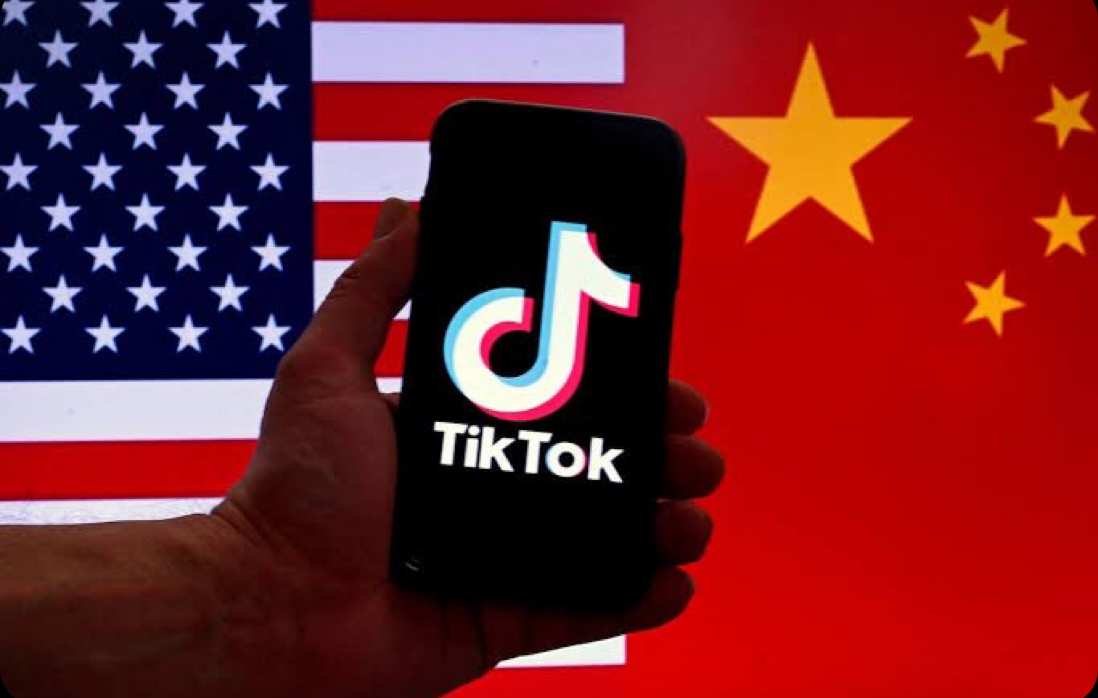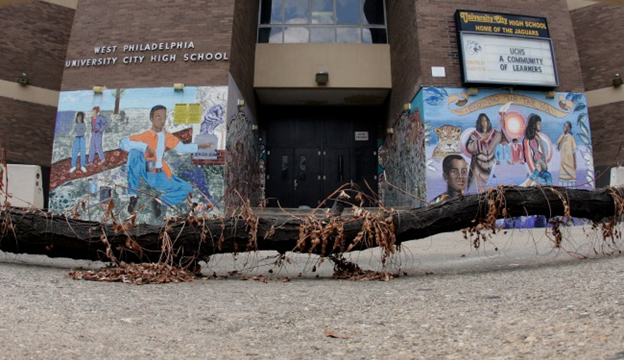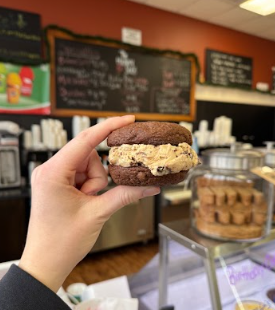Banning TikTok would be a misstep for the US, robbing digital creators and entrepreneurs of a vital platform that fuels both online presence and business growth. TikTok is a popular platform where people can create and share short videos. It has become a go-to app for quick and creative content to roughly 170 million users nationwide. The U.S. House of Representatives took a firm stance on March 13 by passing a bill that has put the future of TikTok in the United States at risk. The legislation demands that ByteDance, TikTok’s Chinese parent company, must sell the app to an American company or face an outright ban across the nation. This decision has left many users of all ages feeling uncertain about the future of the platform.
Advocates of the bill believe that urging ByteDance to sell TikTok is essential for protecting national security. They emphasize the risk of the Chinese government potentially exploiting TikTok for data collection and spreading propaganda. Supporters argue that the potential threats to national security may have to take precedence over free-speech issues. They believe that the forced sale would lessen the risks of foreign government interference and protect American users’ data. However, this overlooks the larger issue of surveillance and data collection, which is not limited to just TikTok. Similar allegations of privacy breaches and data collection have been made against American-owned platforms like Instagram and Facebook. A study by Consumer Reports in 2022 revealed that TikTok, like Meta and other companies, gathers info on what you do online and offline. This raises questions about why TikTok is being singled out for practices that are prevalent across the social media industry.
There have been concerns raised about the potential spread of false information, its addictive nature, and how it can be a distraction from daily tasks. Users of the app report using TikTok for 30 minutes to 4 hours a day, according to Macquarie University. Shelby Borrajo, a senior at Pennridge High School who uses the app daily, believes, “It sometimes can be beneficial if it’s posting facts or awareness for situations, but it can also spread a lot of misinformation, and I think it can be very distracting and addicting.” TikTok’s captivating content can often get people to spend more time on the app, which might unintentionally shift their focus away from other tasks like schoolwork. This conversation often misses a crucial point: the landscape of social media is full of platforms offering short-form content. Instagram Reels and YouTube Shorts are prime examples. This suggests that the ban may not be as effective in protecting users’ data as intended. Instead, it might simply redirect the flow of TikTok users to these competing platforms, which provide a very similar user experience.
The potential TikTok ban poses a significant challenge to individuals who have established their online presence on TikTok. Influencers, content creators, and business owners would be forced to transition to other social media platforms, resulting in the loss of followers and the need to start from scratch. This shift could disrupt the 7 million people who rely on TikTok for their income and could hinder the ability of individuals to start new businesses and gain recognition. Beyond financial benefits, TikTok has served as a support system that provides care and fosters relationships. It has also allowed teenagers to explore important social issues and engage in meaningful conversations, even at the age of 13+. Moreover, TikTok has become a valuable resource for mental health and education. Thomas Costa, a Pennridge High School senior who uses TikTok, said, “I don’t want TikTok to be banned. I spend free time on the app, and it is entertaining, and I do sometimes learn from it.” Additionally, TikTok has facilitated worldwide help during times like COVID-19, enabling the establishment of support chains and helplines to assist individuals with fewer resources.
TikTok has become a vital outlet for creative freedom and personal branding. The potential shutdown of the platform could affect countless creators who depend on it. In the digital age, it’s important for people who use TikTok to speak out and help prevent a ban by showing the positive impact of TikTok.
Sources:
https://www.bytedance.com/en/
https://www.linkedin.com/pulse/evolution-tiktok-from-musically-global-phenomenon-mention-marketing
https://www.businessinsider.com/what-is-musically-2016-5
https://www.oracle.com/ https://www.nbcnews.com/politics/congress/months-senate-takes-tiktok-bill-warnings-china-rcna144301 https://lighthouse.mq.edu.au/article/july-2023/the-surprising-benefits-of-tiktok-for-teenagers https://thecommuniquechs.com/5742/opinion/the-pros-and-cons-of-tiktok/ https://www.washingtonpost.com/technology/2024/03/14/tik-tok-bill-constitutional-questions/ https://www.scientificamerican.com/article/tiktok-ban-data-privacy-security/https://www.pbs.org/newshour/nation/why-a-ban-on-tiktok-wont-solve-all-data-privacy-concerns





